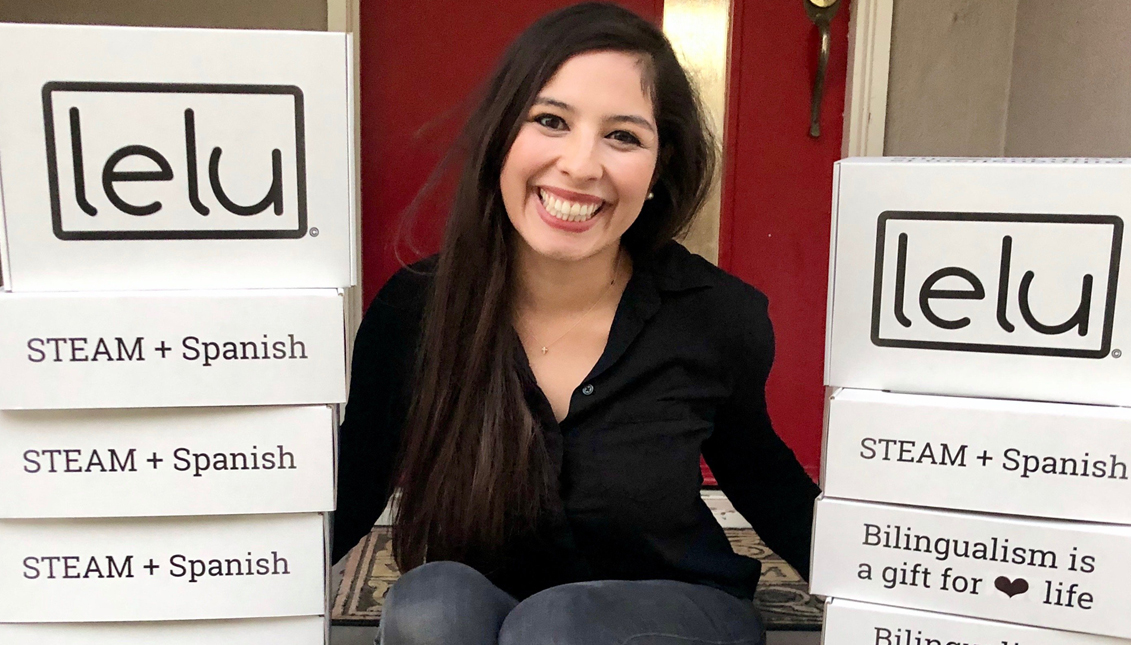
How a Latina entrepreneur is offering tools to promote bilingualism at home
Lelu is a new subscription education service that teaches children about a multitude of different topics in Spanish.
Ana Leyva’s parents came to the U.S. from Mexico and Nicaragua before she was born.
They settled in California, where Leyva and her two siblings were raised.
Years later, when Leyva married her college sweetheart and became a mother, she knew she wanted to teach Spanish to her children as a way to maintain their Latino culture.
With that in mind, Leyva created Lelu, a monthly subscription service that teaches kids various Science, Technology, Engineering, Arts, and Math (STEAM) topics in Spanish.
“Languages are inherently social,” Levya told the Princeton Alumni Weekly. “They are meant to be shared.”
Some topics covered through Lelu’s subscription are space exploration, the human body, and the Olympics.
Despite its marketing as a tool for children, Leyva also wants parents to get parents involved in the learning process, whether families are Latino or not.
“We want to give parents the resources to share their bilingualism with their kids, so it can really thrive,” she said.
The monthly offering teaches children how to write, read, and speak Spanish with materials like games, songs, a calendar with daily activities, and educational videos.
On top of what’s provided in the subscription box, the company also offers one-on-one tutoring with teachers based in Latin countries.
Leyva’s husband, whose grandparents came to the U.S. from Mexico and Nicaragua, did not speak Spanish at home.
“I saw in him what my kids might be — they could lose their Spanish,” said Leyva. “Language skills often do not get passed on to the third generation.”
So far, Lelu has been a vital resource for parents who feel the same way about their children losing their Latino identity, or those who want their kids to learn a second language such as Spanish.
RELATED CONTENT
It is up to the parents to maintain their children’s learning of the second language, and to use it everyday so they won't forget it.
The business offers several different programs from age three to 11 years-old.
Leyva believes bilingualism is not a skill, but a lived experience that should be used frequently to engage families with other cultures and customs.
“If you want to acquire a language, you have to use it in daily life,” she said. “You need to give the language a job and put it into action for it to stick.”
A year after creating her own subscription business, Lelu is being offered all over the U.S.
Since the COVID-19 pandemic has left many children at home, it has provided children a fun way to learn a second language.
It only offers Spanish for now, but Leyva is hoping to expand to other languages such as French, Mandarin, Korean, and Greek in the near future.
To learn more about Lelu, check out its website.



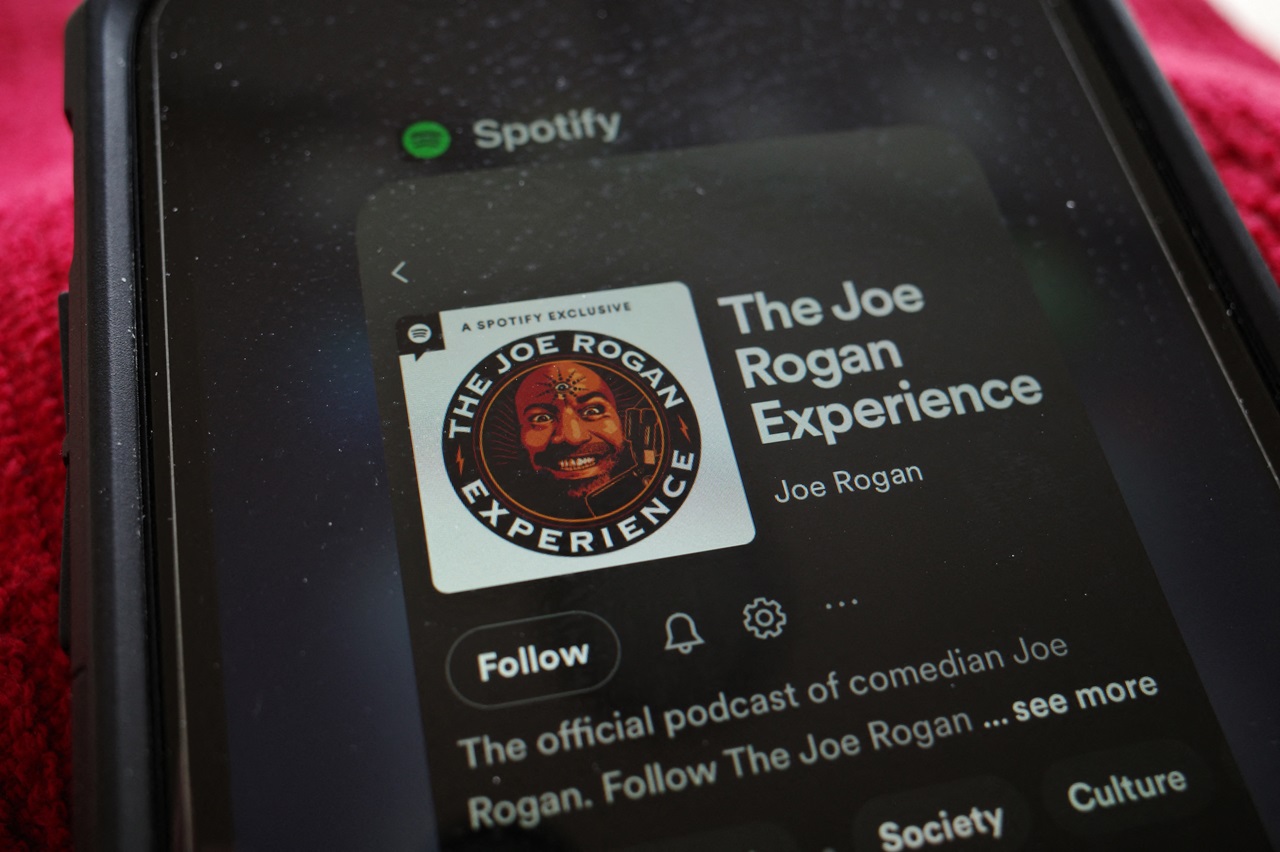
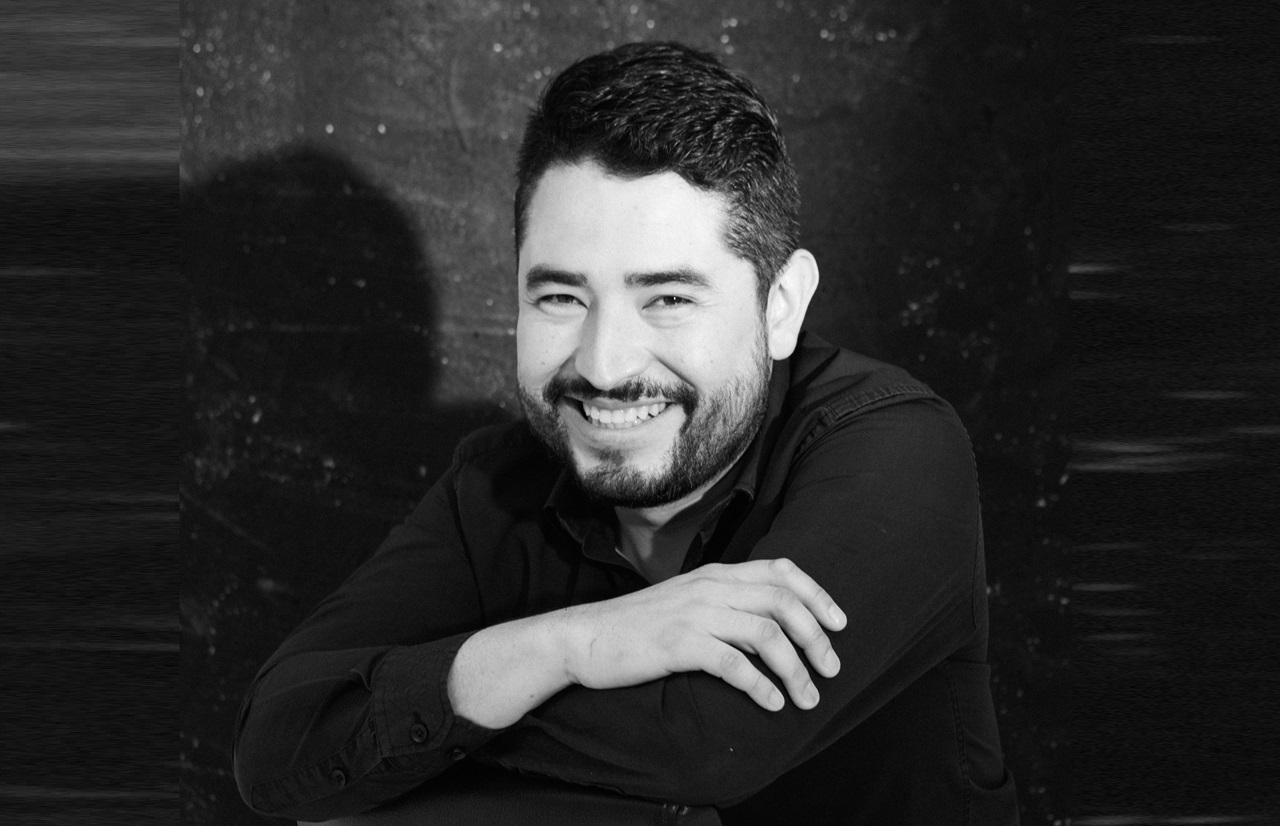

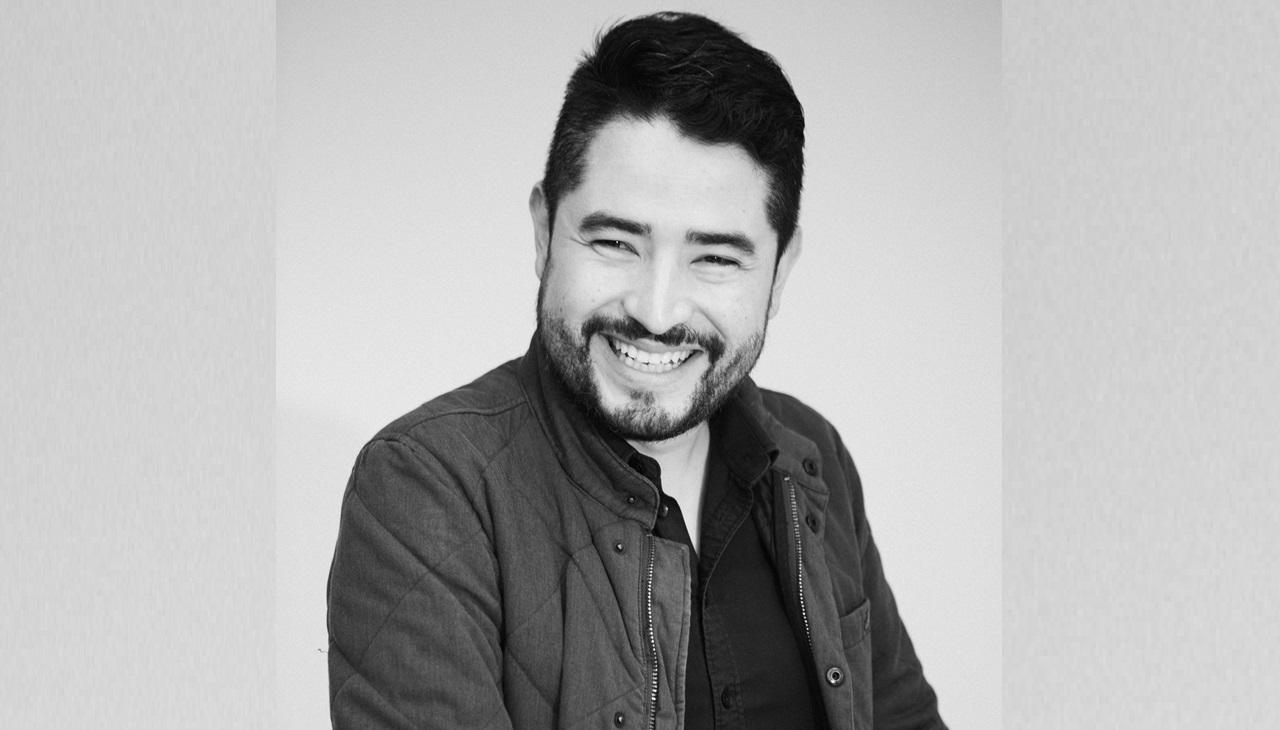
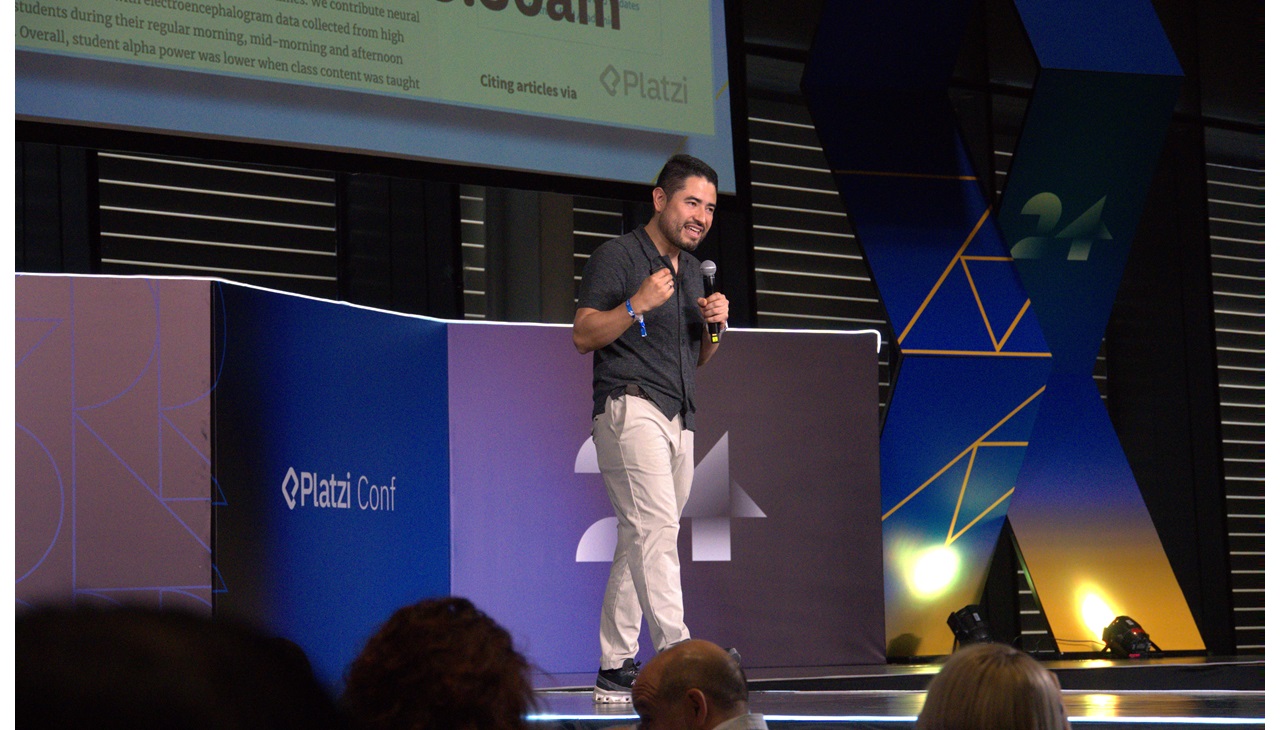



LEAVE A COMMENT:
Join the discussion! Leave a comment.